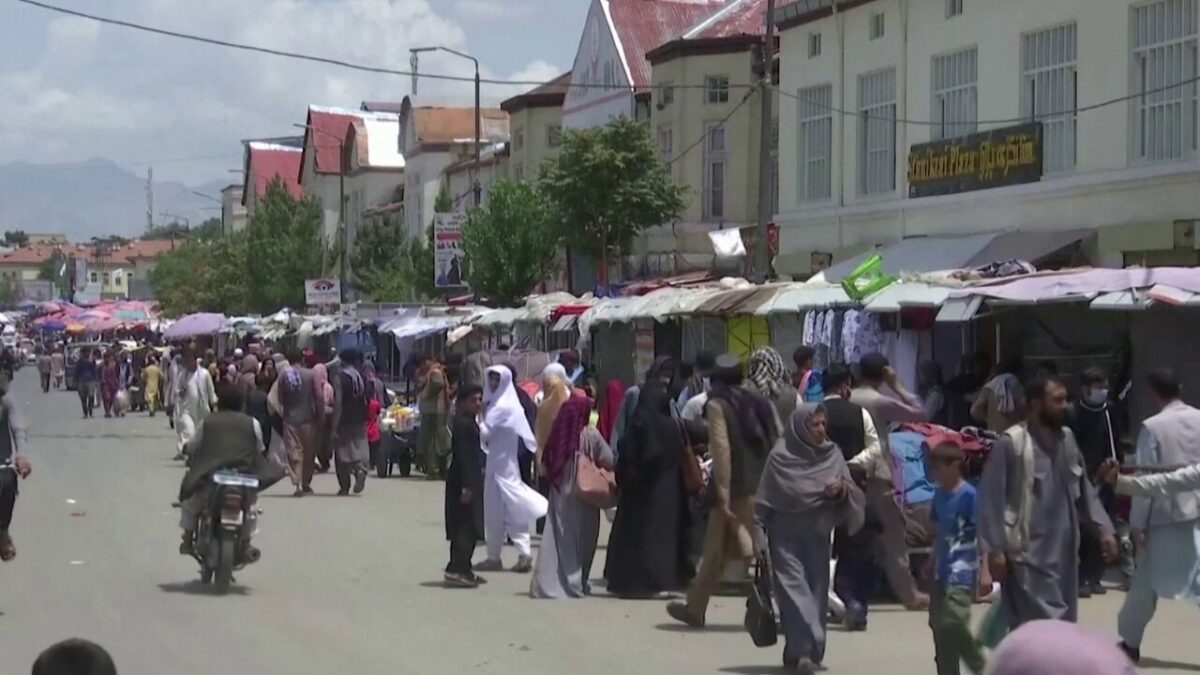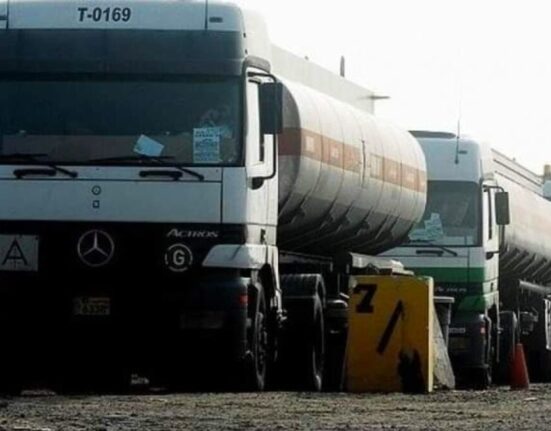KABUL, Afghanistan — As Eid al-Fitr approaches, many Afghan families say they are unable to celebrate amid deepening poverty and food insecurity, with some residents describing the mere act of finding bread as their greatest source of joy.
“We don’t think about new clothes or sweets for Eid,” said Mohammad Saleh, a Kabul resident, who shared a photo with Amu TV of his Suhoor meal — a simple piece of dry bread. “Our celebration is finding something to feed our children.”
Saleh, who has been unemployed for a year, said he is struggling to provide for his family of five. “Day and night, we worry about how to put food on the table. Tomorrow is Eid, and while others may be celebrating, our only joy is having bread.”
Similar concerns were echoed across Afghanistan, where the economy has sharply contracted since the Taliban returned to power in 2021, exacerbating multidimensional poverty and unemployment.
Meanwhile, the World Food Programme (WFP) has issued fresh warnings about rising food insecurity, stating that 58 million people in 28 crisis-affected countries — including Afghanistan — are at risk of severe hunger or famine.
“Without urgent funds to support one of the World Food Programme’s biggest emergencies, groups most vulnerable to malnutrition will be hit hardest,” the agency said in a statement.
The United Nations estimates that 23 million people in Afghanistan — more than half the population — will require humanitarian assistance in 2024.
Last week, the WFP warned that it may be forced to suspend malnutrition prevention programs in Afghanistan, Syria and Yemen, due to a growing funding gap.
According to UN data, 3.5 million children and over 1 million women in Afghanistan currently suffer from malnutrition — a number that aid agencies say could rise further without urgent intervention.





